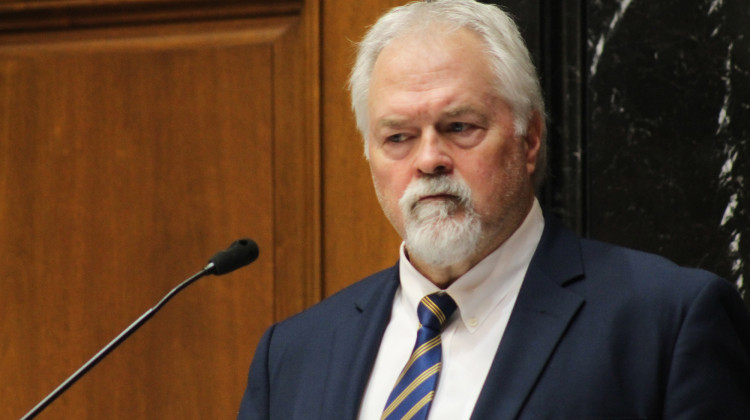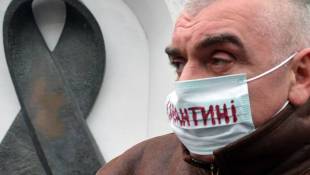Answering health experts' complaints that the CIA's use of a vaccine program had hurt international efforts to fight disease, the White House says the agency will no longer use such programs for spy operations.
The CIA famously used a vaccination program as a ploy to gain information about the possible whereabouts of Osama bin Laden in Pakistan. That effort didn't succeed, and the doctor involved was sentenced to a prison term. But the revelation had immediate effects – particularly in the fight against polio.
As The New York Times reported in 2012, vaccination teams were banned in some areas.
And vaccination workers have been assassinated, the deans from Tulane, Emory, Columbia, and other universities wrote to President Obama in a letter dated January 6, 2013. They also compared the use of vaccine programs to the CIA's early infiltration of the Peace Corps, saying that in both cases, the practice had to be stopped to protect volunteers and gain access where people are most vulnerable to disease.
A response letter from Homeland Security advisor Lisa Monaco was recently sent to the deans. In it, she says that in August of 2013, CIA Director John Brennan issued an order forbidding the use of vaccination programs to gather intelligence or genetic evidence.
From Yahoo News, which obtained a copy of the letter:
"CIA Director John Brennan made the decision himself because he 'took seriously the concerns raised by the public health community,' CIA spokesman Todd Ebitz said.
" 'By publicizing this policy, our objective is to dispel one canard that militant groups have used as justification for cowardly attacks against vaccination providers,' Ebitz said by email."
News of the CIA's revised policy was first reported by Yahoo and The Washington Post, which also noted the timing of the response — more than 16 months have passed since the deans wrote to Obama.
Quoting a "senior administration official," the Post says it was told, "this was a unique case that required deliberate thought and review on our end before we made such a statement publicly."
9(MDEwMDc1MzM3MDEzNDczOTA0MDc1MzViMQ001))
 DONATE
DONATE








 View More Programs
View More Programs



 Support WFYI. We can't do it without you.
Support WFYI. We can't do it without you.